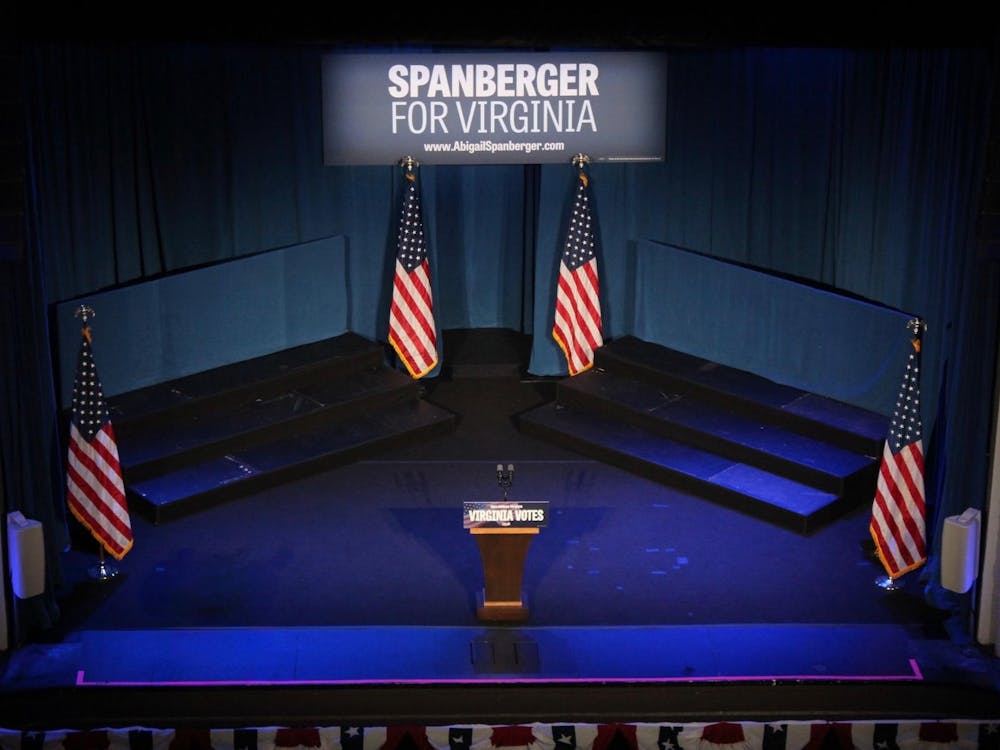Engaged in an on-going war on terrorism, University students and faculty are among the many Americans witnessing history first-hand.
Aside from the individual efforts that members of the University community put forth to keep abreast of current events, professors have incorporated the events associated with international terrorism into their classes.
"Classes should be relevant to students' experiences and classes should help students make sense of the world around them," said, John Echeverri-Gent government and foreign affairs professor .
Echeverri-Gent said he tries to make the themes of his two international relations classes relevant to the current events. For example, he cited a discussion in which he and his students tried to distinguish between tradition and modernity, one of the course's themes, in relation to the Taliban organization.
Government and Foreign Affairs Professor John Owen said he has set aside 10 or 15 minutes at the beginning of each class since Sept. 11 to discuss the most recent developments in the campaign against terrorism.
Beginning Monday, he said he has focused on the airstrikes against Afghanistan. He discussed how the Afghanistan bombings are "not simply just brute force - they are part of a war and war is a political act." Furthermore, the ultimate purpose behind the war is to "protect U.S. citizens from further acts of terrorism," he said.
"Rather than convey news to the students, which they can get anywhere, I try to interpret" the facts and make them meaningful, Owen said, but it is not meant to impose any views on the students.
Government and Foreign Affairs Professor David Waldner said that although it is difficult to hold a discussion in his lecture with 180 students, he did discuss the Sept. 11 tragedy in the following class.
His students also have had the opportunity to talk about current events in their smaller discussion sections with teaching assistants and in his office hours.
Also, he has encouraged his students via e-mail and in class to participate in events such as the Middle East teach-ins. "A lot of my students came to the teach-ins," he added.
Echeverri-Gent said he has noticed that students have displayed critical thinking and have made an effort to analyze the most current events.
He said his students were "very critical of the media coverage of he events," such as the repetition of the video showing the airplanes crashing into the World Trade Center.
Several of his students also expressed disdain at the footage showing Palestinians dancing in the streets in celebration of the tragedy in the United States His students said the footage actually was replayed from footage shot during the Gulf War and that it was "misleading because it represented only a small minority of the population."
Owen said he has noticed, in talking with his students, "a lot of students are understandably afraid of what's next," asking him about topics such as the reinstatement of a military draft.






